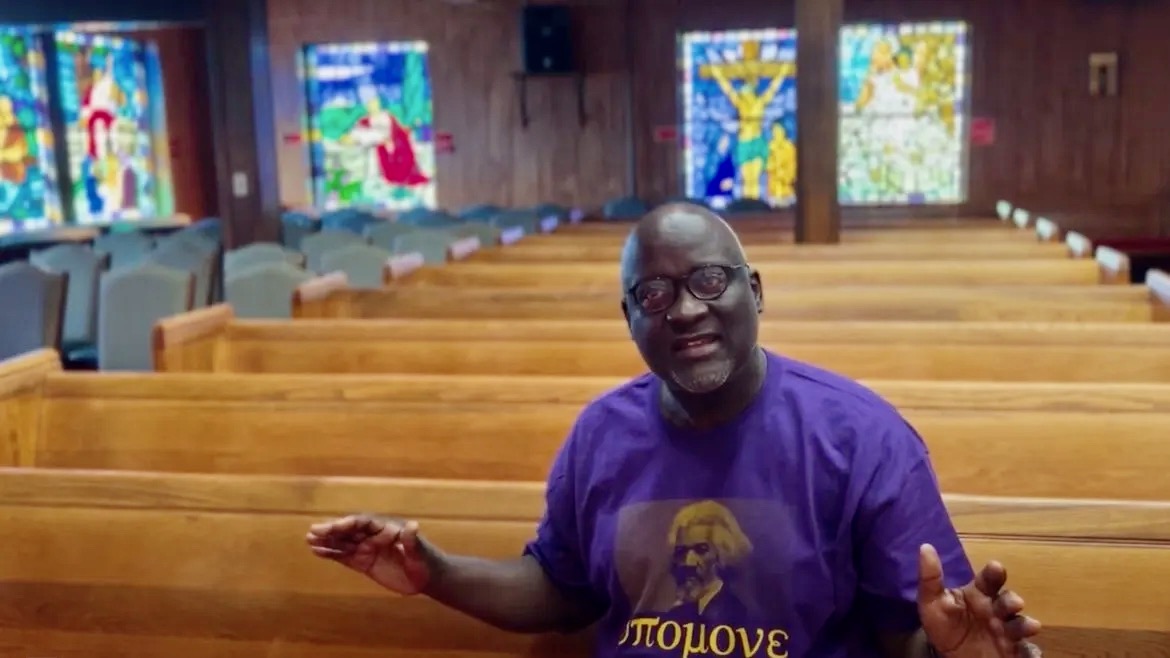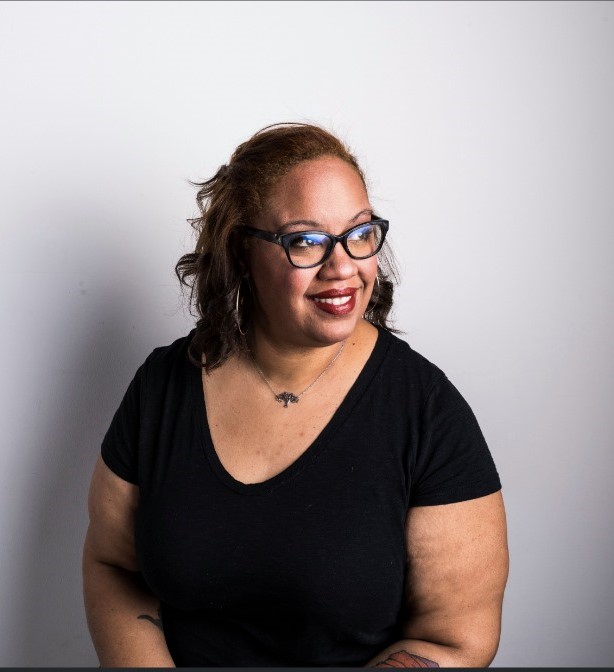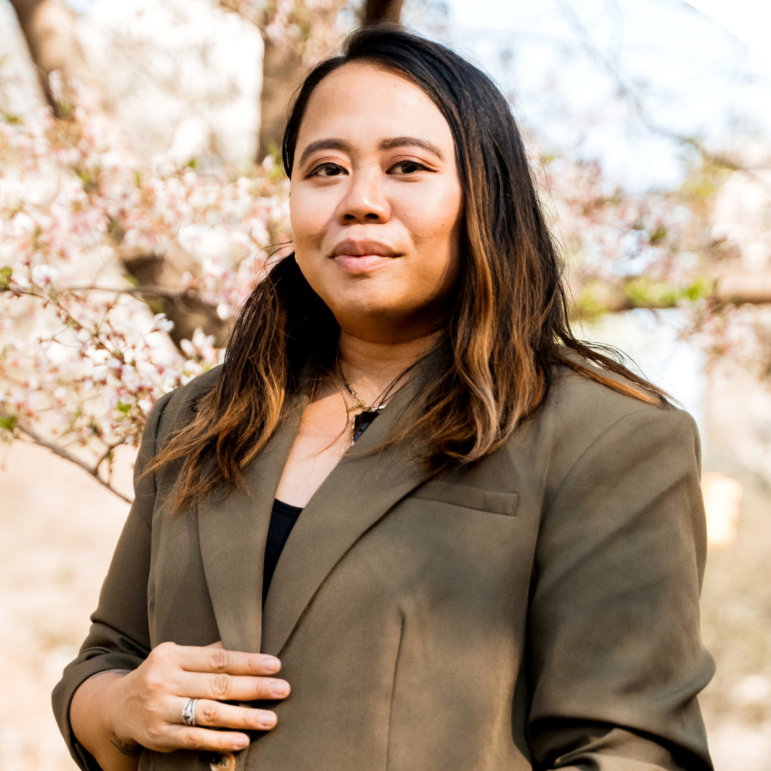Vaccine hesitancy project targets communities in North Carolina and Michigan

Black Public Media
Pastor Terris King of Liberty Grace Church in Baltimore discusses efforts to support COVID vaccination in “Baltimore Speaks,” a video short released in 2022.
Two short films and a podcast funded by Black Public Media aim to address vaccine hesitancy in Black and Latinx communities in North Carolina and Michigan.
The projects are a result of a three-year partnership between BPM and the National Network to Innovate for COVID-19 and Adult Vaccine Equity, a public health project funded by the Centers for Disease Control. BPM awarded more than $160,000 in funding to the short films and podcast, which will be released this fall on BPM’s YouTube channel and social media accounts.
The North Carolina projects include a digital animated short, A Little Off The Top: Vaxxed Up! by William Caballero and a three-episode bilingual podcast series, Me Vacuno Porque… by Antonio Alanis.
In Michigan, Eden Sabolboro and Toni Cunningham received $60,000 for a short film and community engagement campaign surrounding their concept, WELL, which follows a Black American family as they try to stay healthy while navigating three different health crises.
‘For the community, by the community’
The projects are from BPM’s second round of media grant-making through the NNICE partnership, which began in 2021. BPM convened a virtual story summit in March, bringing together community stakeholders, health-care professionals and creatives to discuss how to overcome vaccine hesitancy in Michigan and North Carolina. Media creators submitted project proposals after the event.
A committee of three independent readers reviewed the proposals and made recommendations about which to fund before BPM selected the final three projects. BPM prioritized proposals that could meet the expected timeline of eight months, had a unique storytelling approach and were led by creatives with connections to the communities, said Qiona Woffard, BPM’s special programs manager.
“One of the things that I really liked about this grant was that it was funding projects from the community for the community about the community,” Woffard said.

Cunningham and Sabolboro, for example, are both Michigan-based. But Cunningham’s family is from the South, she said. She grew up knowing about how the Tuskegee Syphilis Study created distrust of government-led medical research, which has helped her understand vaccine hesitancy. For the 40-year study, which was shut down in 1972 after an advisory panel concluded it was “ethically unjustified,” public health researchers in Alabama observed the effects of untreated syphilis on nearly 400 Black men.
The film covers the Tuskegee study and modern-day public health threats such as the Flint water crisis and the COVID-19 pandemic. Cunningham said it’s crafted to create empathy in conversations about vaccine hesitancy while still emphasizing why vaccines are important.

“One of the things that we were really proud of in this particular story is presenting two sides of the same coin,” Cunningham said. “We’re showing the reasons behind some of the hesitance, and so we’re creating a little bit of empathy in people that may not have known it.”
Sabolboro sees BPM’s initiative as a way to make information more accessible by reaching people through their preferred mediums, she said.
“Some people respond well to infographics and reading like a long-form article,” Sabolboro said. “And for some people, empathy and this personal, authentic approach is really important.”
Supporting frontline workers
BPM and NNICE came together in the fall of 2021 to create media that would help boost vaccination rates in Black and Latinx communities.
NNICE was established under Michigan State University and received a $6 million CDC grant to close racial gaps in health outcomes and vaccination rates. Debra Furr-Holden, who led the project’s launch in her former role as associate dean for MSU’s Public Health Integration in the College of Human Medicine, talked with BPM’s Woffard about the network’s goals.
Furr-Holden had identified areas in the U.S. with health disparities and low vaccination rates among Black adults, including communities in Maryland, Michigan and North Carolina.
“There were community health professionals and organizers that were trying to get resources and information and vaccination out to the community,” Woffard said. Furr-Holden believed BPM could assist by creating short-form content that supports the work that “frontline people were doing on the ground.”
BPM held its first vaccine-equity story summit in Baltimore in 2022. The two projects funded in that round — Covid Conversations: Baltimore on the Street and Baltimore Speaks — were released on BPM’s YouTube and social media channels and screened at public events screenings across Baltimore.
Heatherlun Uphold, an assistant professor at MSU, succeeded Furr-Holden as the project’s principal investigator last summer. She believes the media produced with BPM’s support will help people process the pandemic, especially as the country moves into the normalization of COVID-19, she said. Uphold expressed hope that the films and podcast will help communities understand the importance of vaccinations in taking care of their health.
“We certainly are hoping for additional vaccines, particularly in our marginalized communities,” Uphold said, and that people “will do the things that they need to do to take care of the community as well.”





